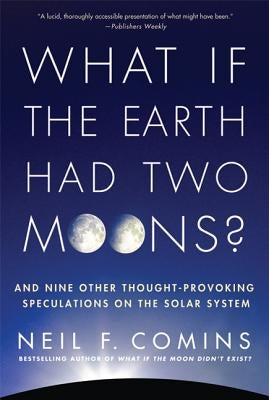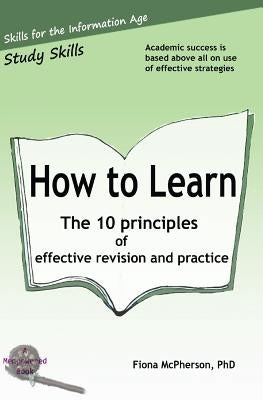Description
Spaceflight is exciting again Robotic space probes have recently explored the dwarf planets Ceres and Pluto; and a spacecraft has even landed on a comet. Commercial aerospace companies have successfully launched rockets to space and delivered cargo to the International Space Station. In the United States, new laws are being passed concerning the property rights on the Moon, and in anticipation of asteroid mining. In light of this surge in spaceflight activities, a basic appreciation of spaceflight issues would seem valuable to anyone wishing to better participate in discussions about this rapidly evolving scientific and technological field. This book is a college-level undergraduate textbook about spaceflight targeted at liberal arts students majoring in the humanities and the social sciences. It does not use calculus. The book would also be appropriate for readers with prior high-school knowledge of science and mathematics who have an interest in becoming more informed about spaceflight concepts and topics related to spaceflight.
About the Author
Dr. Regina E. Schulte-Ladbeck received her undergraduate degree in physics in 1982 and her graduate degree in astronomy in 1985, both from the University of Heidelberg, Germany. She joined the University of Wisconsin, Madison, in 1987, first, as a postdoctoral scientist in the astronomy department, and later, as a staff scientist at the Space Astronomy Laboratory. Here, she became a member of the Wisconsin Ultraviolet Photo-Polarimeter Experiment team, who successfully flew a small telescope on the NASA Space Shuttle during the 199o Astro-1 mission. In 1992, Dr. Schulte-Ladbeck arrived at the University of Pittsburgh as a professor in the department of physics and astronomy. She continued to use space observatories in her research. She was a principal investigator for the Astro-2 Space Shuttle mission, and also with the Interna- tional Ultraviolet Explorer satellite, and the Hub- ble Space Telescope. Her research interests have ranged from studying the most massive stars to the stellar populations and star formation in dwarf galaxies. While teaching at the University of Pittsburgh, Dr. Schulte-Ladbeck developed a general education undergraduate course titled "Basics of Spaceflight." This course was first offered at the University of Pittsburgh in 2000, and has been taught ever since, with an enrollment of between about 50-120 students each semester. In 2009, Dr. Schulte-Ladbeck founded a small business, RESLscience, for publishing content in space and adventure sciences with a focus on education combined with entertainment.




















































